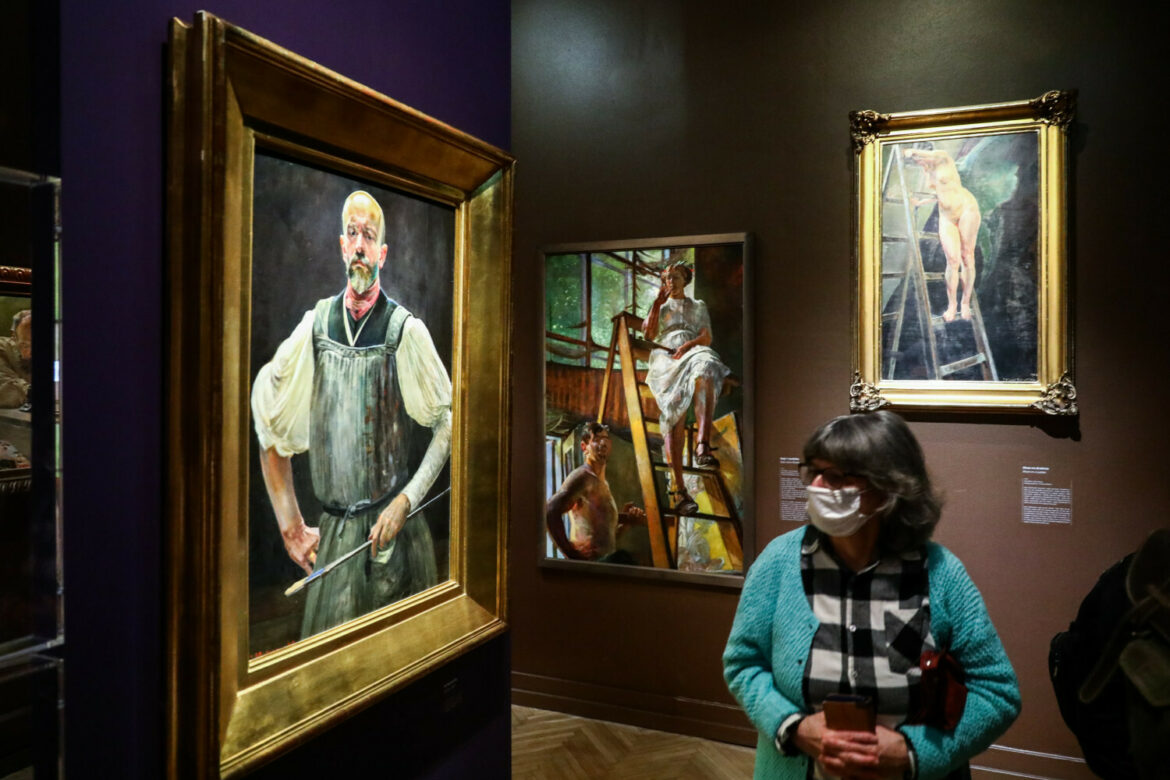More than 170 works can be seen at the exhibition ” Jacek Malczewski – Romanticism” in the National Museum in Krakow. Prepared by the Krakow institution, the exhibition is presenting Jacek Malczewski, one of the most famous Polish artists, a Polish Art Nouveau painter inspired by romantic themes.
Andrzej Szczerski, the museum’s director emphasizes, that presented Malczewski’s works are a bit off-screen, unavailable in public collections. “Even today, looking at his paintings, viewers can see ready-made film cadres, excellent photographs, or even scenes from Polish novels. The cultural, visual and iconographic toposes that he developed are still present in Polish culture”.
The works in the gallery also include pictures inspired by Juliusz Słowacki’s poetry, fairy-tale themes and paintings illustrating folk tales. Visitors will also see the artist’s portraits and self-portraits. The presented works are primarily a manifestation of romantic themes, which were shown in the Polish Art Nouveau period with the help of visual forms.
According to Szczerski, Romanticism is still an inspiration for artists today, and there is a lot of contemporary content in Malczewski’s paintings. The director of the museum emphasizes that the key to understanding the exhibition is to see Malczewski as an artist growing out of Romanticism, dealing with themes such as the value of history and freedom, “romantic reading of the landscape and human personality”, Polish messianism, and the role of the artist as a “romantic genius”.
Jacek Malczewski is one of the most outstanding and recognized artists in the history of Polish art. Painter and draftsman, a leading representative of Polish Art Nouveau in the early 1890s, initiated the symbolism trend in painting, at the same time stimulating the revival of the Romantic tradition.
The exhibition is a chance to get to know the painter’s work in a comprehensive way. His works represent all phases of his activity also from the First World War. The exhibited works are from the Krakow Museum’s own collection, other Polish institutions as well as private collections.
Arkadiusz Słomczyński





